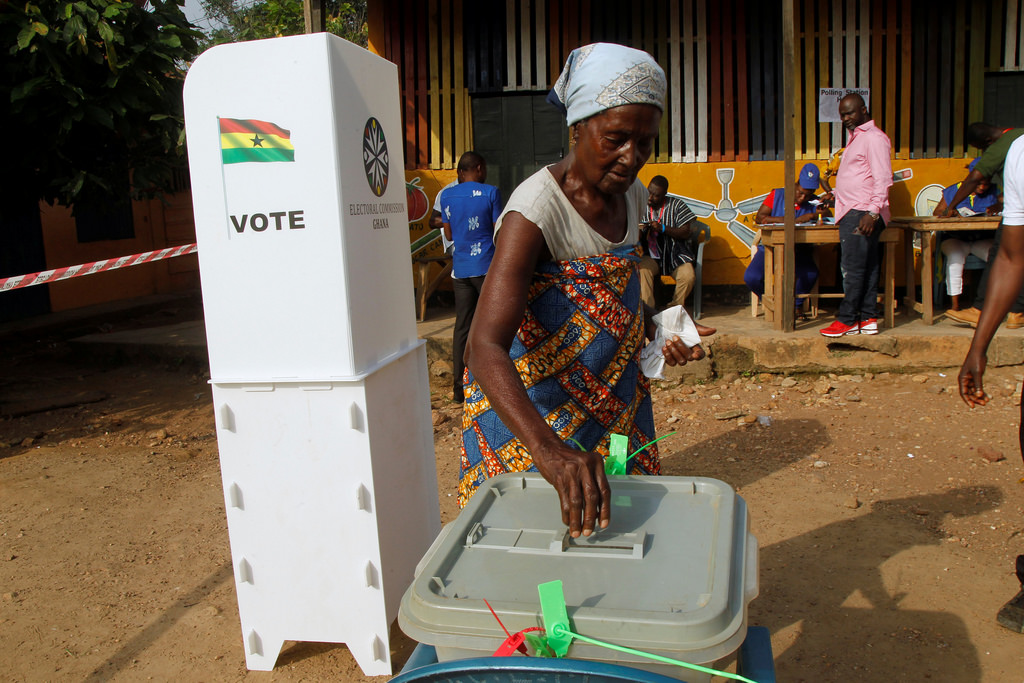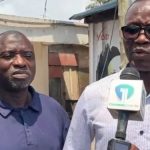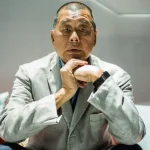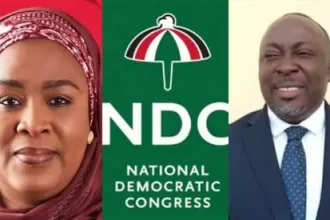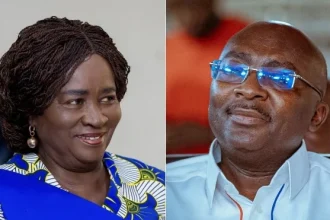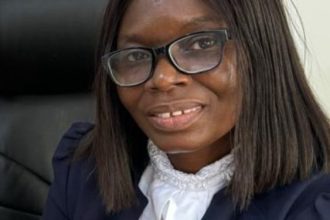The refusal of the National Democratic Congress (NDC) to sign the peace pact ahead of the 2024 elections has sparked heated debates and discussions on media platforms, with some lauding the party’s decision while others accusing the party of undermining the democratic process.
But the reasons are not far-fetched. According to the National Chairman of the NDC, Johnson Asiedu Nketia, certain issues need to be corrected before the signing of the peace pact.
Conditions
These conditions include the government’s full implementation of the recommendations of the Ayawaso West Wuogon by-election Commission of Enquiry, the prosecution of those responsible for the killings of eight people during the 2020 elections, and the prosecution of individuals involved in the illegal printing of approximately one million extra ballot papers during the 2020 elections, among others.
Election violence and integrity concerns should not be dismissed as mere political effusions.
The NDC’s refusal to sign the peace pact has the potential to cause tensions and a negative impression on the country’s democracy.
From the perspective of a practitioner of conflict management and peacebuilding, these issues if not handled with open-mindedness and political maturity, can hinder peaceful elections.
Peace Pact
Peace pacts are blueprints for conflict resolution and management; outline steps for disputants to cease fighting, ensure reforms, national reconciliation and consolidate democracy over a specific period.
The term “peace pact” is often used interchangeably with other terms such as “peace agreement,” “peace accord,” “peace deal,” “peace treaty,” “peace contract,” or “peace declaration” in the context of internal conflict. Implementing a peace pact is crucial for achieving durable peace, but can lead to its collapse and resumption of hostilities.
Approval of violence
It is important to note that the NDC’s refusal to sign the peace pact does not imply approval of violence in the election.
The peace pact is a voluntary agreement by political parties to commit to peaceful elections to strengthen democracy.
Peace pacts may seem like a positive step for peaceful elections, but history shows that fair processes and a non-biased commission are crucial for promoting peaceful polls.
Ghana’s electoral history
In Ghana’s electoral history, the peace pact’s signing is not new and peace pacts were signed by the political parties, dating back to 2012, publicly committing them to peace before elections.
What is more important is that, in the event of electoral disputes, parties are required to adhere to legal procedures for resolution rather than resorting to violence.
It appears that judging from the peace pacts signed not to repeat the mistakes of the past and realities on the ground now; it does suggest no useful lessons have been learned, going into this year’s elections.
It is therefore not surprising that the 2024 Election Peace Pact has hit lacunae, as certain demands are made of some key stakeholders in the electoral process.
Any peace pact may experience delays and setbacks due to reservations one party may have about the whole process.
Signing a peace pact should not be viewed as a superficial gesture aimed at impressing external partners.
The United Nations is crucial in conflict resolution and diplomacy due to its significant role in maintaining world peace and security.
The UN serves as the umpire during the implementation of peace agreements, ensuring the integrity of the agreement and guiding parties to fulfil their obligations.
Although Ghana is not at war, the signing of the 2020 election peace pact should involve the international community, particularly the UNDP to ensure all key stakeholders remain committed to a peaceful resolution.
The affected party needs to be more realistic in their expectations and more accommodating in their demands, while the government should demonstrate more political will by correcting wrongs and preparing the conditions for pact signing.
The writer is a peace practitioner.
E-mail: Okomensah12@gmail.com


